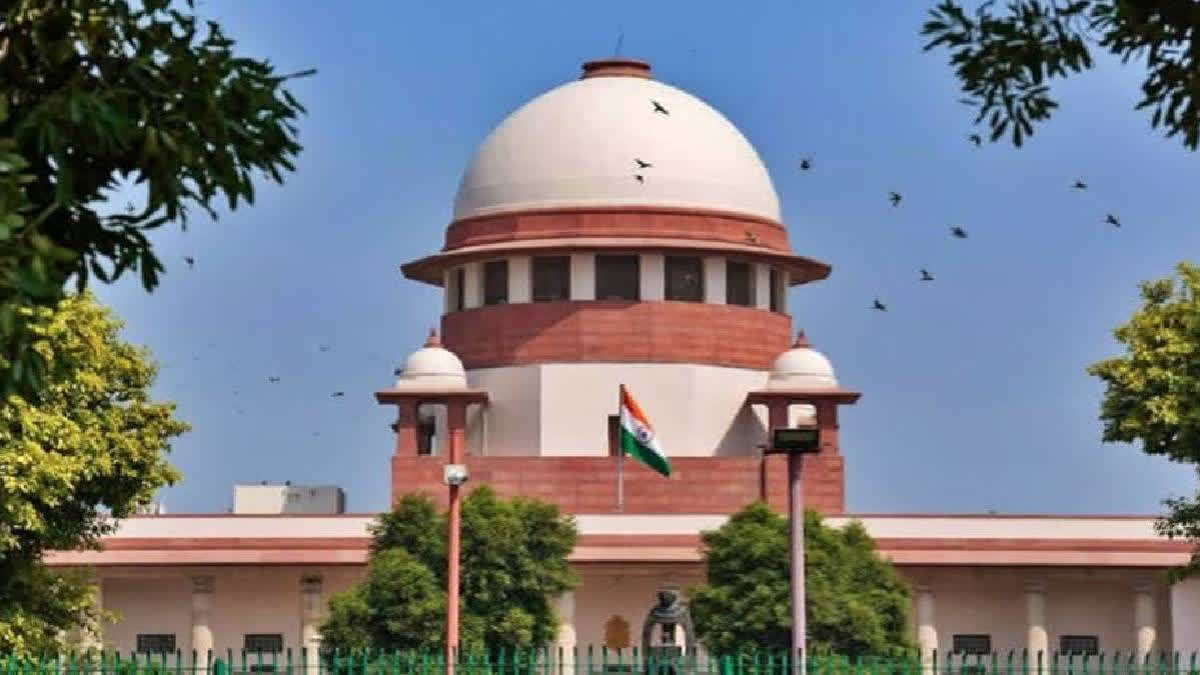New Delhi: The Supreme Court on Tuesday emphasised that the pleas against the amendments in UAPA provisions, empowering the state to designate individuals as terrorists and seize properties, should be first adjudicated by the high court instead of the apex court.
Stating that it had already issued notice in 2019, the top court noted that complex legal issues often arose in such matters, and it would be appropriate for high courts to examine it first, and Supreme Court should not be the court of first instance.
The matter heard by a bench led by Chief Justice of India Sanjiv Khanna and comprising justices Sanjay Kumar and KV Viswanathan, said, “We cannot be the court of first instance… A lot of problems arise, sometimes issues are left by your side (petitioner), sometimes by their side (Union), then we have to refer to a larger bench. Let it be first decided by the high court."
The apex court was hearing pleas filed by Sajal Awasthi, Association for Protection of Civil Rights (APCR) and Amitabha Pande. Senior advocate CU Singh, appearing for one of the petitioners, requested the bench to hear the matter and pointed out that notice was issued on the pleas five years ago.
It was argued before the apex court that instead of disposing of the petitions, the matter could be transferred to the Delhi High Court. The counsel pointed at the logistical difficulties faced by the petitioners, citing that many of them were retired bureaucrats. The counsel said, “We filed before the Supreme Court, and we would find it inconvenient to get representation before multiple high courts”.
The apex court allowed this submission and said that the pleas would be listed before the Delhi High Court.
Notably, in September 2019, the apex court issued notice to the Centre on the pleas challenging the constitutional validity of the 2019 Amendment to the Unlawful Activities (Prevention) Act (UAPA).
A plea, filed by one of the petitioners, contended that the amended provisions were violative of citizens’ fundamental rights such as right to equality, freedom of speech and expression besides right to life and liberty. The plea argued that the UAPA, 2019, empowers the government, under the garb of curbing terrorism, to impose an indirect restriction on the right to dissent.
The bill for amendments to the UAPA was passed by Parliament on August 2, 2019 and it received the President’s assent on August 9, the same year. The amended law also authorises to put a travel ban on individuals once they are declared as terrorists.



